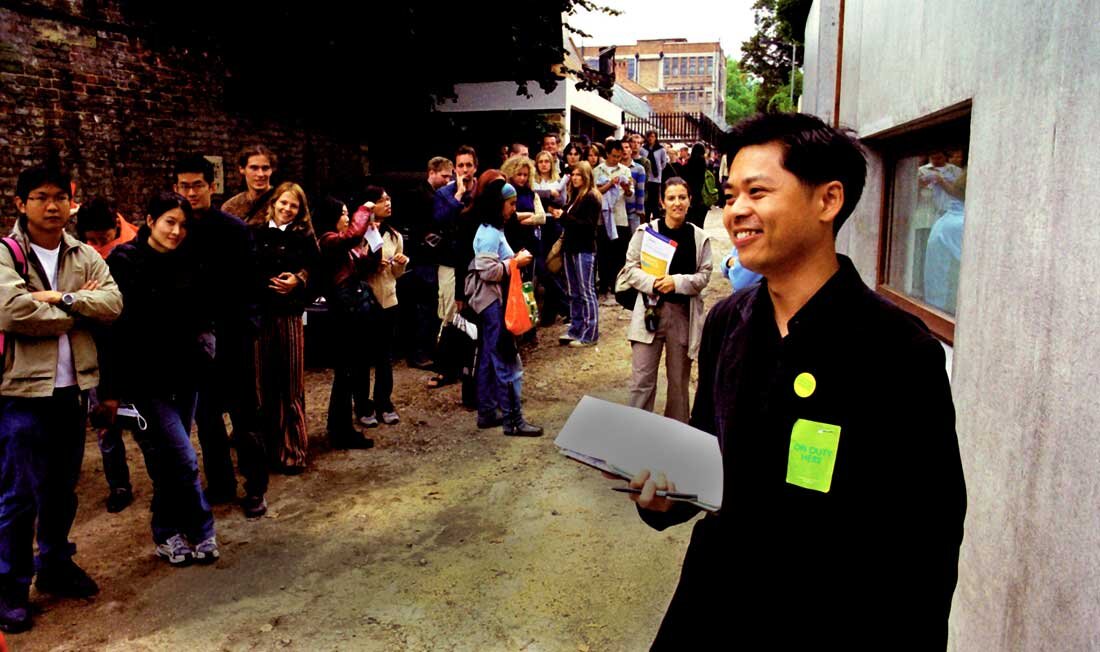What is the point of the Open House Festival?
As plans take shape for London’s 30th Open House Festival, director Phineas Harper asks, ‘what’s it all for?’
From a handful of bijou buildings giving small tours one weekend in the early 1990s, Open House Festival has grown to become one of the largest and most inclusive celebrations of special buildings, places and the stories behind them in the world. With a quarter of a million visitors each year in London and 46 sister festivals in New York, Santiago, Taipei, Lagos, Vienna and elsewhere, Open House is now a global family of events and people dedicated to making architecture and cities everywhere more open, accessible and equitable.
For three decades we have coaxed, cajoled and encouraged councils and corporations, institutions and individuals to throw open the doors of architecture and landscapes to welcome ordinary people of all backgrounds for free visits every September. This seemingly simple act of co-ordinated civic generosity is hard, requiring the graft of thousands of volunteers building relationships with hundreds of communities, boroughs and businesses over decades. At times it’s an uphill struggle. Fears over security, stranger danger, privacy and public health constantly rock the spirit of trustful inclusivity on which the festival stands. Persuading hundreds of Londoners to open up their spaces to others, not for private gain but for the public good, is both our proudest accomplishment and our most enduring challenge.
Why do we do it? Why put so much effort into making the Open House Festival each year? What’s it all for? We create Open House because we believe that when Londoners of all backgrounds are offered genuine opportunities to explore, experience, celebrate and critique their urban landscape, we have the chance to create a better city – one in which all citizens have the power, the platforms and the knowledge to take part in meaningful discussions about its future. We create Open House because we believe that through learning about places, communities and history outside our usual experience we grow in empathy and understanding of others and the world. We create Open House because we hope that by doing so, London will someday become a more open, equitable and accessible city in which the festival is no longer needed.

